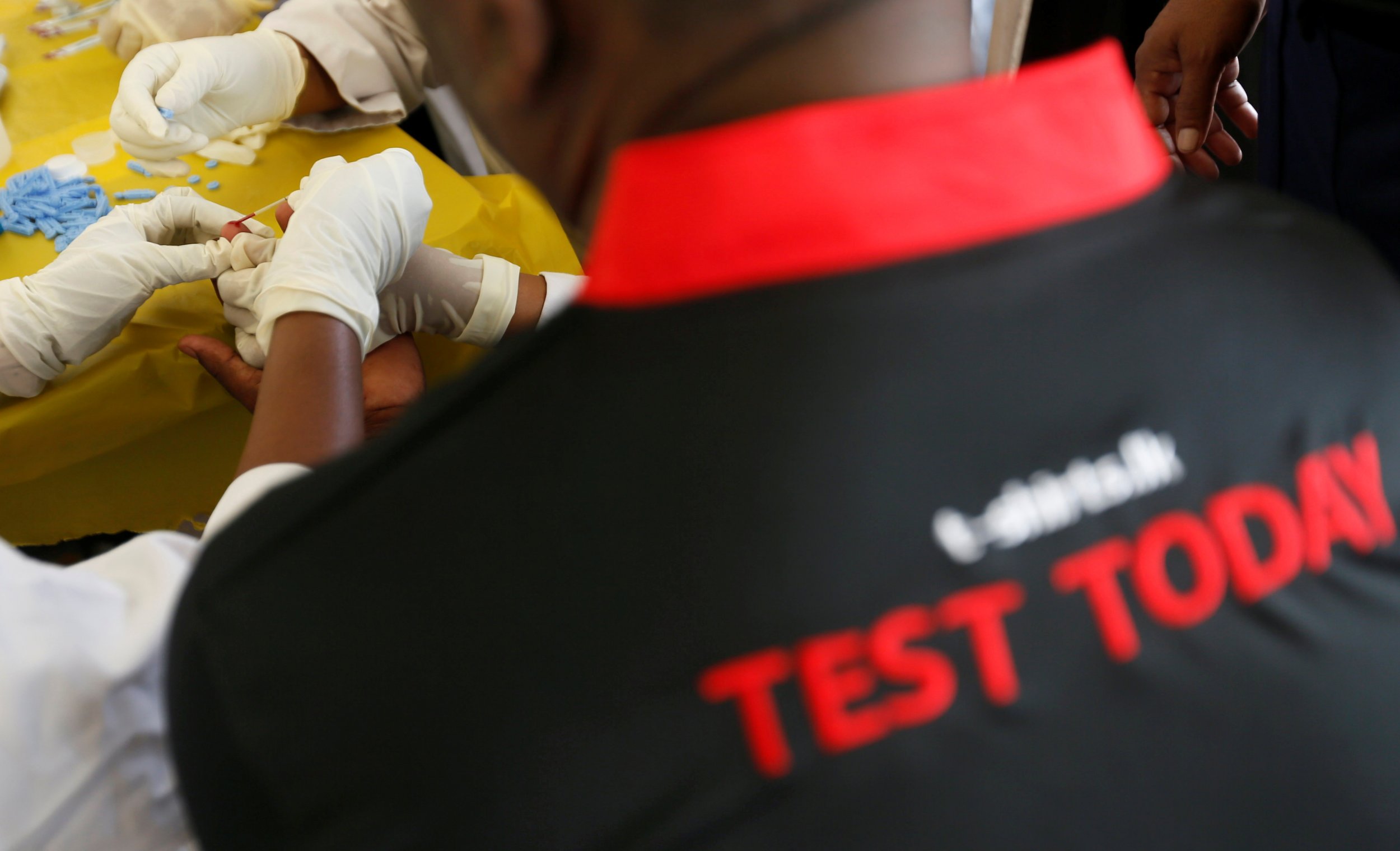
The word quarantine might trigger visions of Mary Mallon, better known as "Typhoid Mary," or of Kaci Hickox, who was quarantined in New Jersey during the 2014 Ebola virus outbreak. Recent remarks about quarantining people infected with HIV have sparked fresh outrage. However, the idea is surprisingly old.
Dr. Betty Price, a Republican member of the Georgia state legislature and the wife of former Health and Human Services Secretary Tom Price, asked what the state of Georgia would legally be able to do to control the spread of HIV. "I don't want to say the 'quarantine' word, but I guess I just said it." Project Q, an outlet that serves the queer community in the Atlanta region, first reported Price's remarks.
Price also called the number of people who are surviving with HIV "frightening," and noted that in the past, people with HIV and AIDS had a higher mortality rate.

Both state and federal agencies have the power to quarantine. But neither state nor federal law lists many specific quarantinable diseases. The laws are written broadly, granting governments the power to quarantine people with an unspecified "communicable disease."
At the federal level, quarantinable diseases are determined by executive order. The list was last updated in 2014. Plague, tuberculosis, cholera and Ebola all make the lists of diseases that can trigger a CDC quarantine. HIV does not.
Today, the CDC and local health departments track cases of HIV and collect data on people who have been infected, including their names. But during the 1980s, Americans showed a disturbing willingness to step up surveillance much, much further in the name of public health. A 1985 poll showed that a majority of people surveyed supported quarantining people with AIDS. Slightly less than half would have also supported introducing ID cards or tattoos for HIV-positive people, or doing HIV tests as part of job applications.
It's not the first time a political figure has suggested isolating or quarantining people with HIV. In 1987, Jesse Helms, a Republican senator from North Carolina, introduced a bill to make it a federal crime for a person who knew they had HIV to donate blood, require prisons to segregate HIV-positive inmates, and withhold funds from states that did not require HIV tests for people applying for marriage licenses.
Former Republican presidential candidate Mike Huckabee said in 1992 that the federal government should "take steps that would isolate the carriers of this plague."
And in 2013, a Kansas law sparked concerns that the state's health department could institute quarantines for people with HIV.
Price has told reporters that her words were taken out of context.
The video of the committee is available online.
Uncommon Knowledge
Newsweek is committed to challenging conventional wisdom and finding connections in the search for common ground.
Newsweek is committed to challenging conventional wisdom and finding connections in the search for common ground.
About the writer
Kate Sheridan is a science writer. She's previously written for STAT, Hakai Magazine, the Montreal Gazette, and other digital and ... Read more
To read how Newsweek uses AI as a newsroom tool, Click here.








